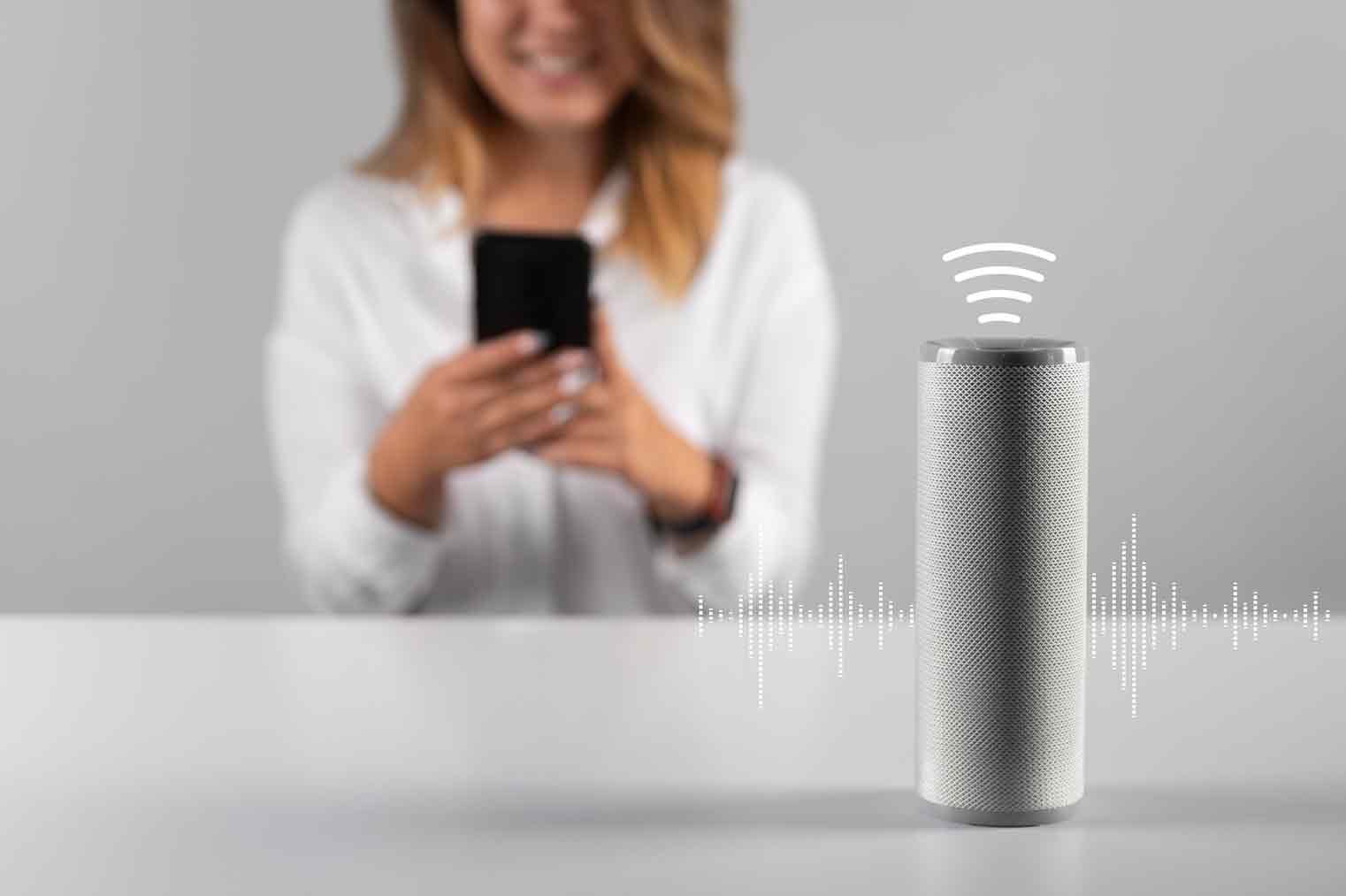
The upcoming Personal Voice feature for iOS and iPadOS is designed to help people who are at risk of losing the ability to speak due to diseases like ALS. While voice cloning software has already raised alarms about its potential misuse, Apple is using the technology to help people with disabilities speak.
The company today released a preview of Personal Voice, which will be released later this year as part of a series of new accessibility improvements for iPhone and iPad. “People at risk of becoming unable to speak can use Personal Voice to create a synthesized voice that sounds like them, allowing them to connect with family and friends,” explains Apple.
This feature may be useful for people with conditions such as amyotrophic lateral sclerosis (ALS) or Lou Gehrig’s disease, which can destroy nerve cells and make it impossible to speak in a normal voice.
ADS
Apple’s system requires you to record 15 minutes of audio on your iPhone or iPad, which should be enough to clone her voice. From there, the user can type what they want to say and the Apple hardware will read it out loud in a synthesized voice.
“This voice access feature leverages machine learning built into the device to keep user information private and secure,” Apple adds. Then the cloned entry is saved on the user’s phone and nowhere else, preventing others from accessing it. This feature appears to be similar to Samsung’s voice cloning feature that was introduced on some Galaxy phones in Korea.
However, in Samsung’s case, the company uses voice cloning technology when customers are in a noisy place or need to be silent. On the other hand, Apple developed Personal Voice as an accessibility feature.
For people who cannot speak, Apple has developed a feature called Live Speech. “Users can type what they want to say to have it spoken aloud during phone calls, FaceTime calls, and in-person conversations,” Apple explains.
The company is expected to introduce accessibility features in iOS 17, expected to be announced at WWDC in early June and rolling out in September. Another improvement includes a revamped iPhone/iPad user interface called Assistive Access, designed for users with cognitive disabilities.
“This feature provides a clear user interface with high-contrast buttons and large text labels, as well as tools to help trusted supporters tailor their experience to the person they are supporting,” explains Apple.
ADS



